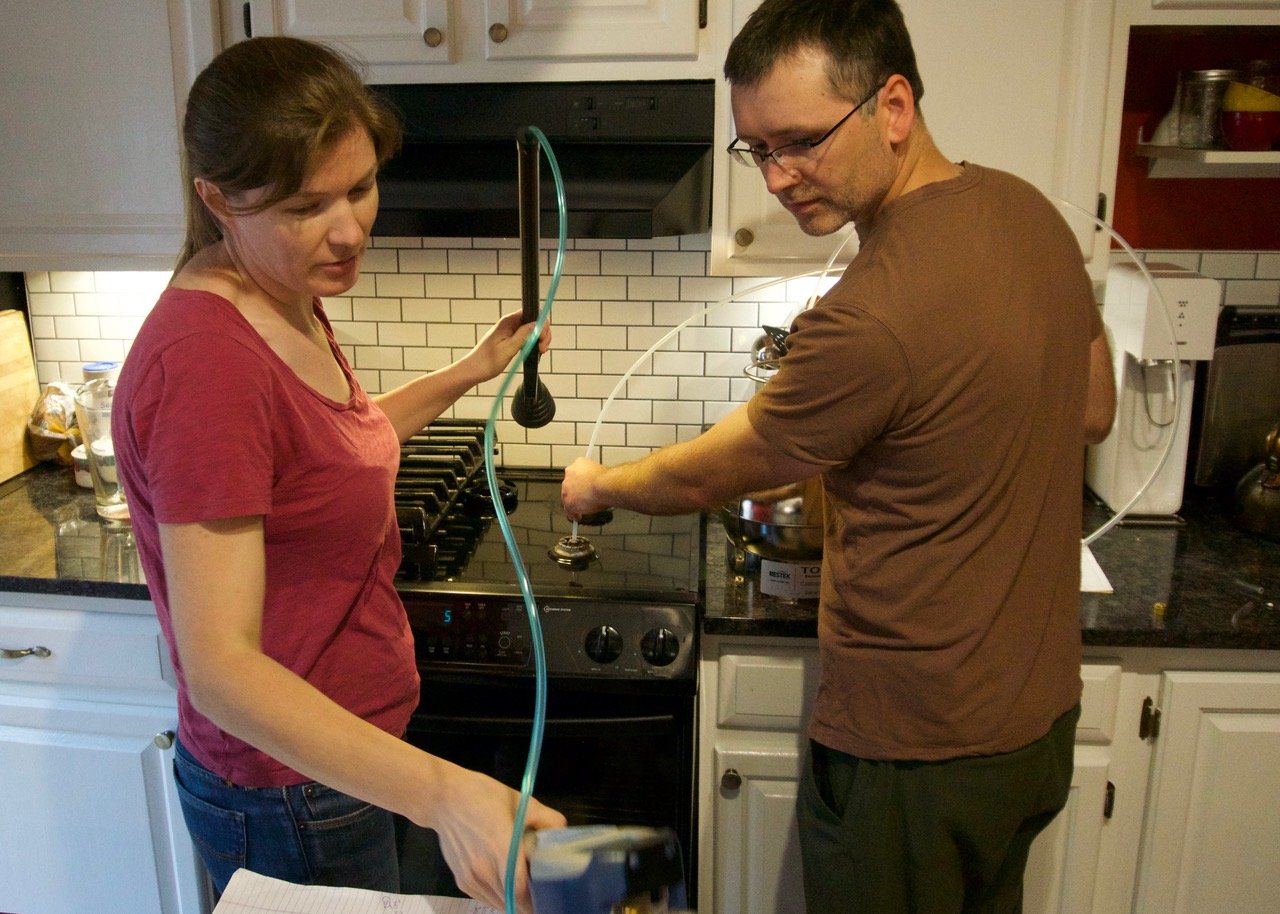
Mission
To cut carbon emissions NOW through systems change
Vision
A ‘Black Swan;’ an improbable event with massive impact.
Black Swans can be wildly positive, such as:
Falling in love
Inventing antibiotics
Reversing climate change
If we work together, we can solve anything.
A big problem: A super-emitting gas leak outside Boston, shot with a thermal camera and confirmed with a CGI,
Method
HEETlabs identifies large climate problems that no one is fighting effectively.
We identify practical solutions that can help change the system, refining these ideas with the stakeholders, until all can get to “yes.”
When the solution is mature, we hand it off to others to implement. This way, there are more people fighting for a stable climate, while we can take on the next big problem.
Open Source
All of our work is open for use through Creative Commons BY-SA 4.0.
Funding
In order to maintain trust, we never take funding from any related industry.
Two Case Studies
HEETlabs methods were co-developed by Audrey Schulman, who founded both HEETlabs and HEET. Since HEETlabs is just starting, the case studies below are from HEET.
Super-emitting Gas Leaks
HEET (with Gas Safety Inc.) developed a method to identify super-emitting gas leaks so they could be repaired, then enacted the method in regulation. HEET is now verifying gas utilities’ work to identify the correct leaks and fix them.
The Chemistry of Gas
When Schulman was helping to study the Aliso Canyon gas leak, the largest natural gas leak in US history, she heard local residents complain about bloody noses and nausea.
Health effects from gas seemed like a large problem, so she pulled together experts to analyze the chemistry of the gas.
Although it would have been easier to sample from gas taps in chemistry labs, the team sampled gas from stoves in people’s kitchens. Testing gas from stoves—the heart of the house—would allow everyone to understand emotionally that the chemistry impacted them.
The early results were surprising enough that HEET launched a large study with Harvard School of Public Health. These findings made national news, changing how people think about gas stoves and gas.
The study is now being replicated by other researchers in cities from Singapore to Montreal.

